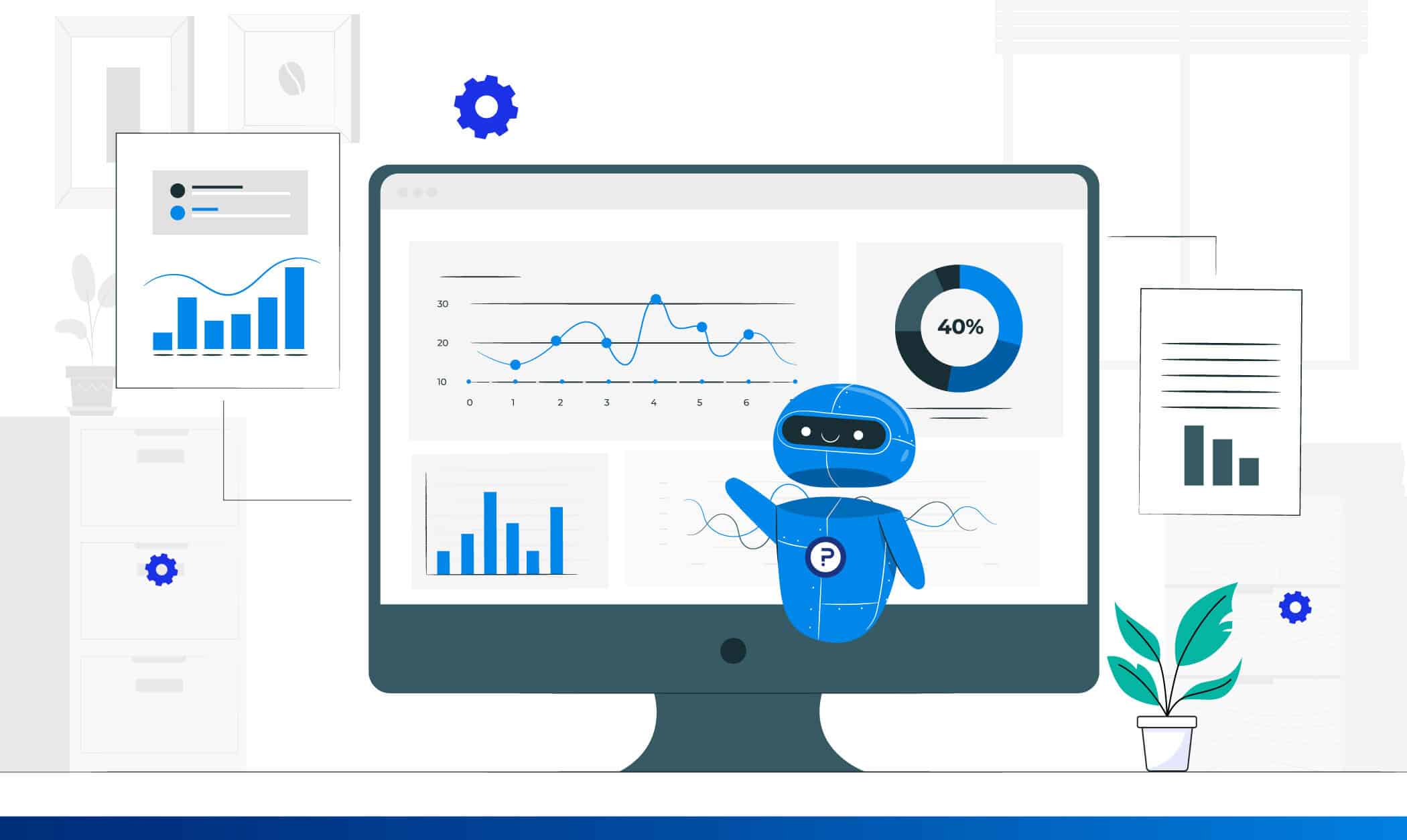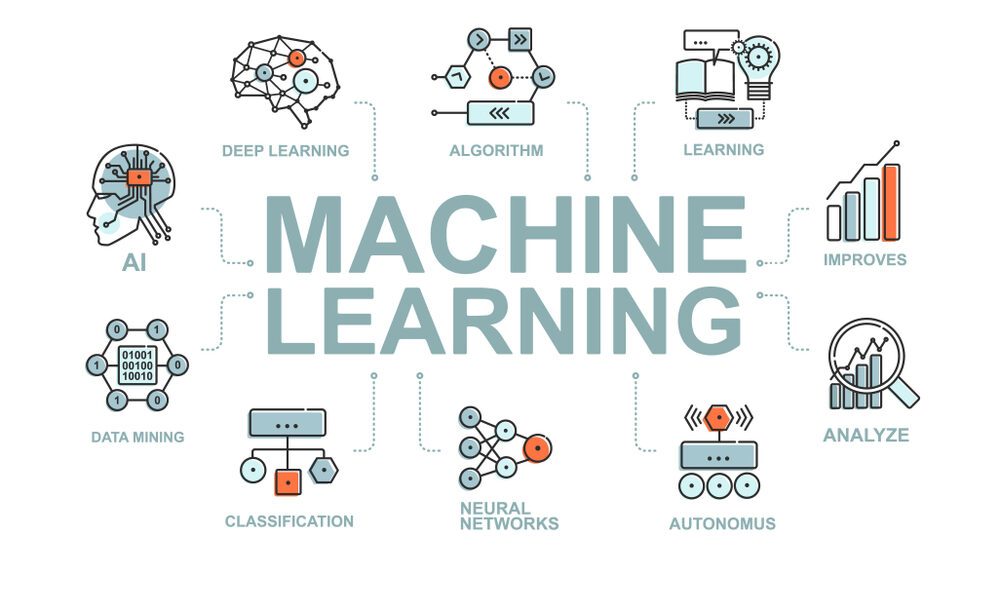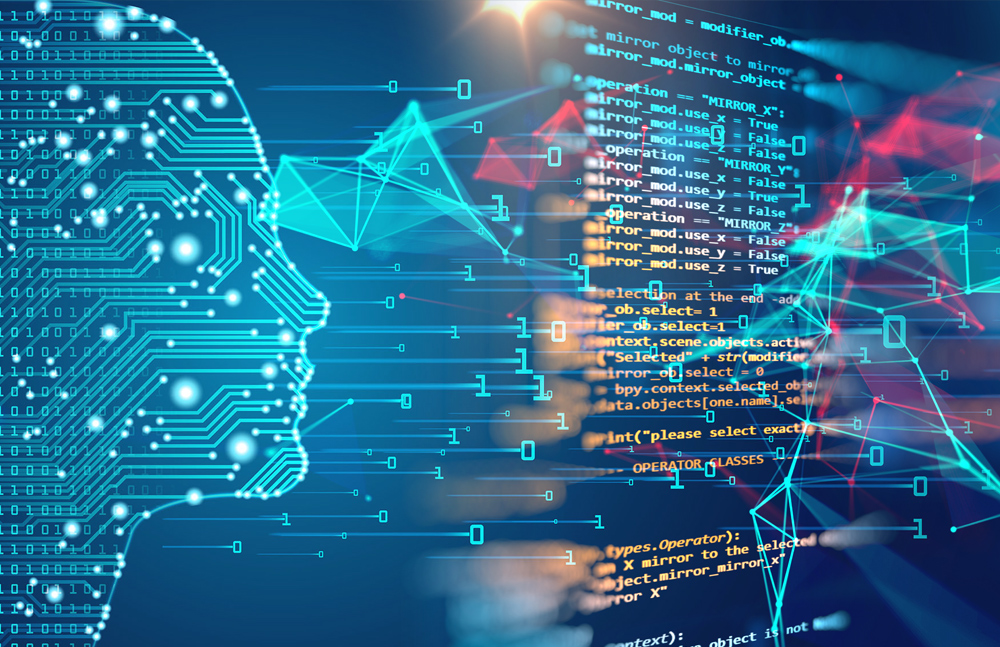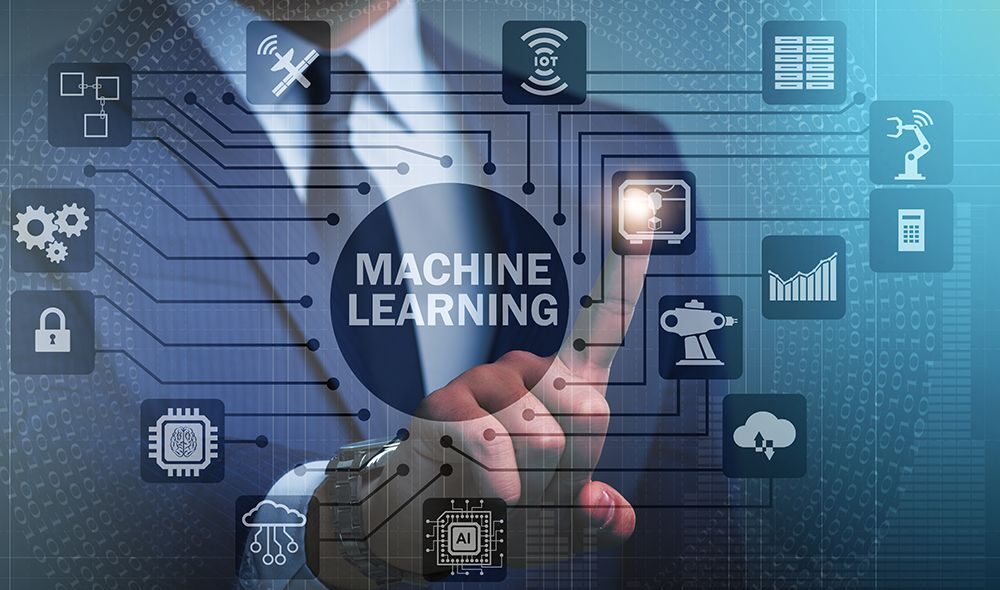Machine learning:
Machine Learning (ML) is a subset of Artificial Intelligence (AI) that involves the use of algorithms and statistical models to enable computers to learn and improve their performance on a specific task without being explicitly programmed. ML algorithms are trained using large datasets and can make predictions or take actions based on the patterns and trends identified in the data. These technologies are being used in a variety of industries to improve efficiency and decision-making.

Healthcare
In the healthcare industry, AI and ML are revolutionizing the way medical records are analyzed, patient outcomes are predicted, and diagnosis and treatment planning are carried out. By leveraging the vast amount of data available, AI algorithms can identify patterns and insights that human doctors may overlook. This can lead to more accurate diagnoses, personalized treatment plans, and improved patient care.

Finance
The finance industry is also benefiting greatly from the implementation of AI and ML technologies. With the ability to analyze financial data and identify trends and patterns, AI algorithms can assist in making investment recommendations and improving financial decision-making. By automating processes and analyzing large datasets, financial institutions can gain valuable insights and make more informed decisions.
Retail
In the retail sector, AI and ML are playing a crucial role in personalizing customer experiences, optimizing pricing and inventory management, and improving supply chain efficiency. By analyzing customer data and preferences, AI algorithms can tailor product recommendations, promotions, and advertisements to individual customers, leading to increased customer satisfaction and loyalty. Additionally, ML algorithms can help retailers optimize pricing strategies and predict demand, ensuring optimal inventory levels and reduced waste.

Manufacturing machine learning
Manufacturing industries are utilizing AI and ML to improve production processes, reduce defects and downtime, and increase overall efficiency. By analyzing sensor data and historical records, ML algorithms can identify patterns that indicate potential equipment failures or production inefficiencies. This allows manufacturers to implement predictive maintenance strategies, reducing the risk of unplanned downtime and optimizing production schedules.
Transportation machine learning
The transportation industry is leveraging AI and ML to enhance routes, reduce fuel consumption, and improve safety. ML algorithms can analyze historical traffic data, weather patterns, and driver behavior to optimize route planning and minimize fuel consumption. Additionally, AI-powered systems can monitor driver performance, detect fatigue or distractions, and provide real-time alerts, enhancing safety on the roads.

Agriculture
In agriculture, AI and ML have the potential to transform crop management, improve yields, and reduce waste. By analyzing soil data, weather conditions, and crop characteristics, ML algorithms can provide insights and recommendations for optimal irrigation, fertilization, and pest control. This enables farmers to make data-driven decisions, resulting in higher crop yields and reduced environmental impact.
Education
In the field of education, AI and ML are expected to revolutionize the way students learn and teachers assess progress. Personalized learning experiences can be created by analyzing students’ strengths, weaknesses, and learning styles, allowing for tailored instructional approaches. AI algorithms can also assess student performance and provide customized feedback, enabling teachers to identify areas that need improvement and offer targeted support.



